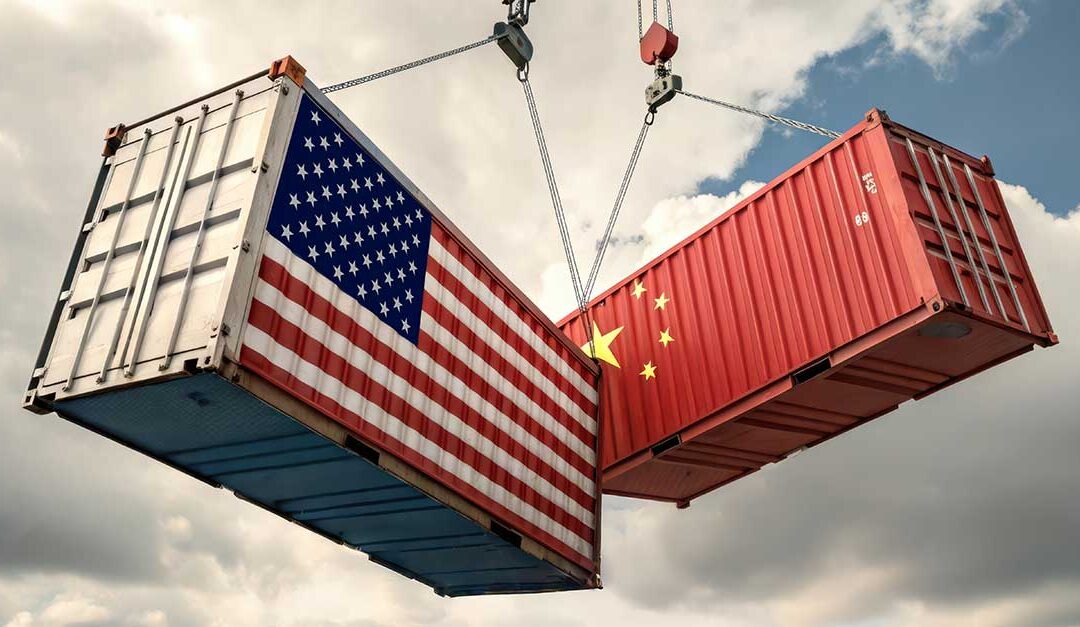On Wednesday 2nd April, President Donald Trump announced a sweeping 10% tariff on all imported goods, effective 5th April. As of today (9th April), a second wave of “reciprocal” tariffs has also come into force, targeting selected countries with rates ranging from 11% to 50%, based on perceived trade imbalances and market barriers.
Most notably, China now faces a 104% total tariff on exports to the US, combining previous and new duties. In response, China has retaliated with tariffs of up to 34% on US goods. This has triggered President Trump’s threatened escalation – an additional 50% duty on Chinese imports – further intensifying uncertainty for US importers around future landed costs.
Several countries including the UK, Australia, Indonesia, Singapore, Vietnam, and Taiwan have confirmed they will not introduce countermeasures at this stage. Vietnam and Taiwan have even expressed interest in pursuing zero-tariff trade deals with the US.
Meanwhile, the European Union has proposed a zero-tariff agreement on autos and industrial goods but this has been rejected by the US. So far, the EU’s countermeasures appear limited to steel and aluminium, although broader negotiations remain possible.
This unpredictable environment presents a dilemma for US importers:
- Ship now and risk overpaying if tariffs are rolled back, or
- Delay and face potential higher duties later.
As a result, many are holding off on shipments, disrupting vessel utilisation, booking patterns, and spot rates. Early data suggests a sharp impact: container bookings from China to the US have dropped 67% in the past 7 days, with export bookings also down 40% – an indication of serious trade flow disruption.
Carriers are already reacting. Ocean Network Express (ONE) has suspended the launch of its Premier Alliance PN4 Pacific service (originally scheduled for May), signalling the first of what may be several blank sailings in the coming weeks.
Despite the upheaval, there are tools available to manage duties, including Free/Foreign Trade Zones, bonded warehousing, temporary import bonds (TIBs), and carnets. These allow importers to delay customs clearance until tariff rates become clearer or are potentially rolled back through negotiations.
At present, it remains uncertain what specific concessions the US is seeking in exchange for easing tariffs, with many justifications still unclear.
In such a volatile landscape, vigilance and flexibility are essential for shippers and carriers alike. Tariffs may shift sharply – and without warning – in either direction.
If you would like to speak to someone about this update, please contact our Customer Relationship Management team today on 01375 856060 or email crmteam@ugroup.co.uk.

